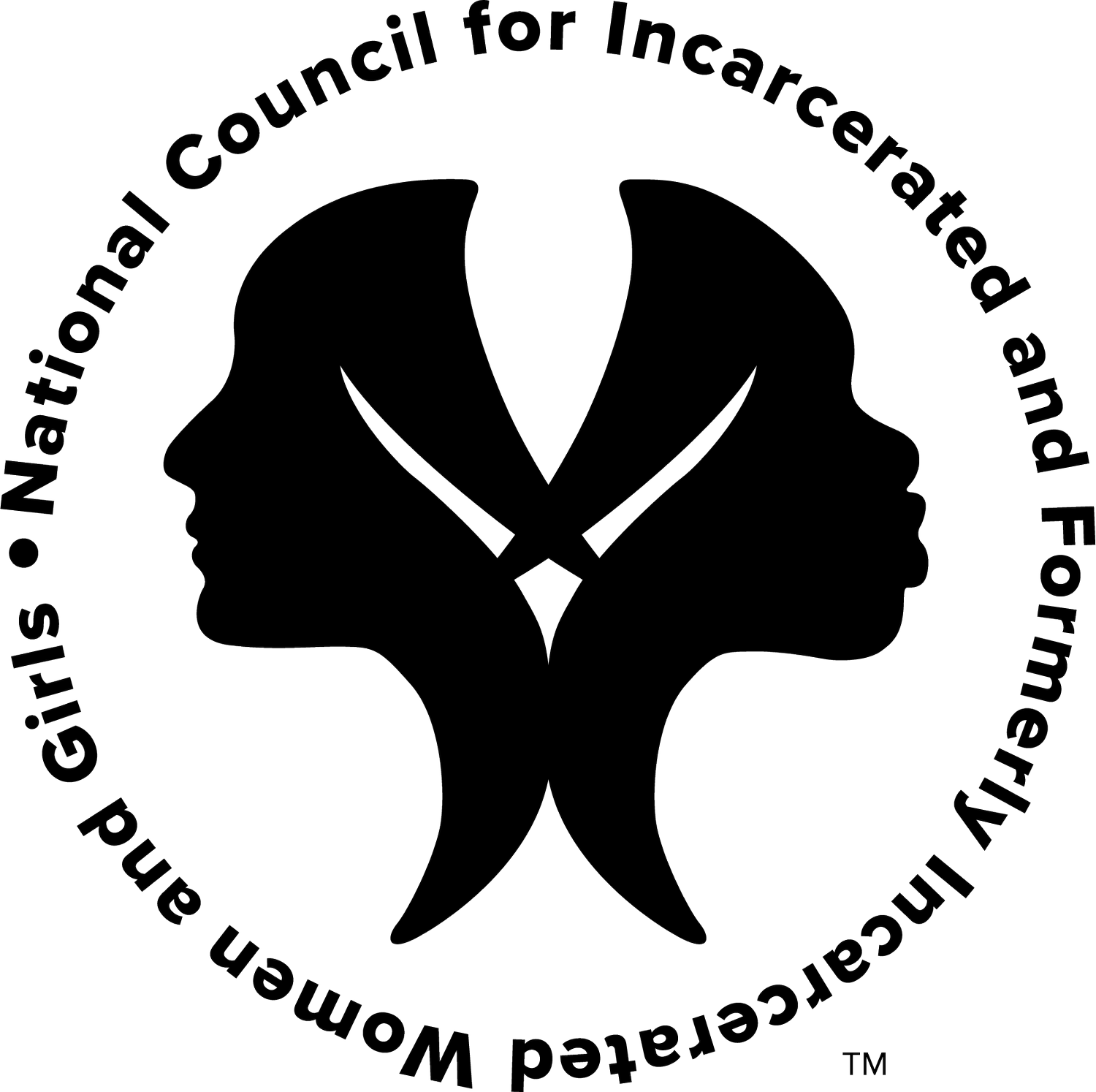2025 FreeHerVT Voices for Health, Not Incarceration Press Conference
Join the campaign against the New Women's Prison in Vermont
Vermont has only around 100 women, trans, & gender-expansive people at the one women's prison in the state -- this number got to a low of 75 during the height of the COVID-19 pandemic. Also, we had a recent 16% drop in our incarcerated population after implementing the recommendations of the first Justice Reinvestment Initiative working group. Governor Phil Scott created this group, and they've already received an additional $430,000 to fund their second round. Despite these trends, the state is moving forward with building a prison "campus" that will cost around $500 million and be able to incarcerate between 2,055 and 2,184 people — with the likelihood of many more beds being added later down the line. In addition, plans are proposed to build a juvenile jail through DCF in Brattleboro and at other undetermined sites throughout the state. Our incarcerated community members are not safe in the hands of the state, and it is our right to try out solutions designed by and for the community instead of continuing to pour millions into the prison system that is not made to support or promote healing. We are building what different looks like following the leadership of incarcerated and formerly incarcerated women, girls, trans, and gender-expansive people!
statistics on incarceration.
more to know.
BILL H.456
INSTANT ACTION TOOL ‘25
FREEHER 2025 PRESENTATION









